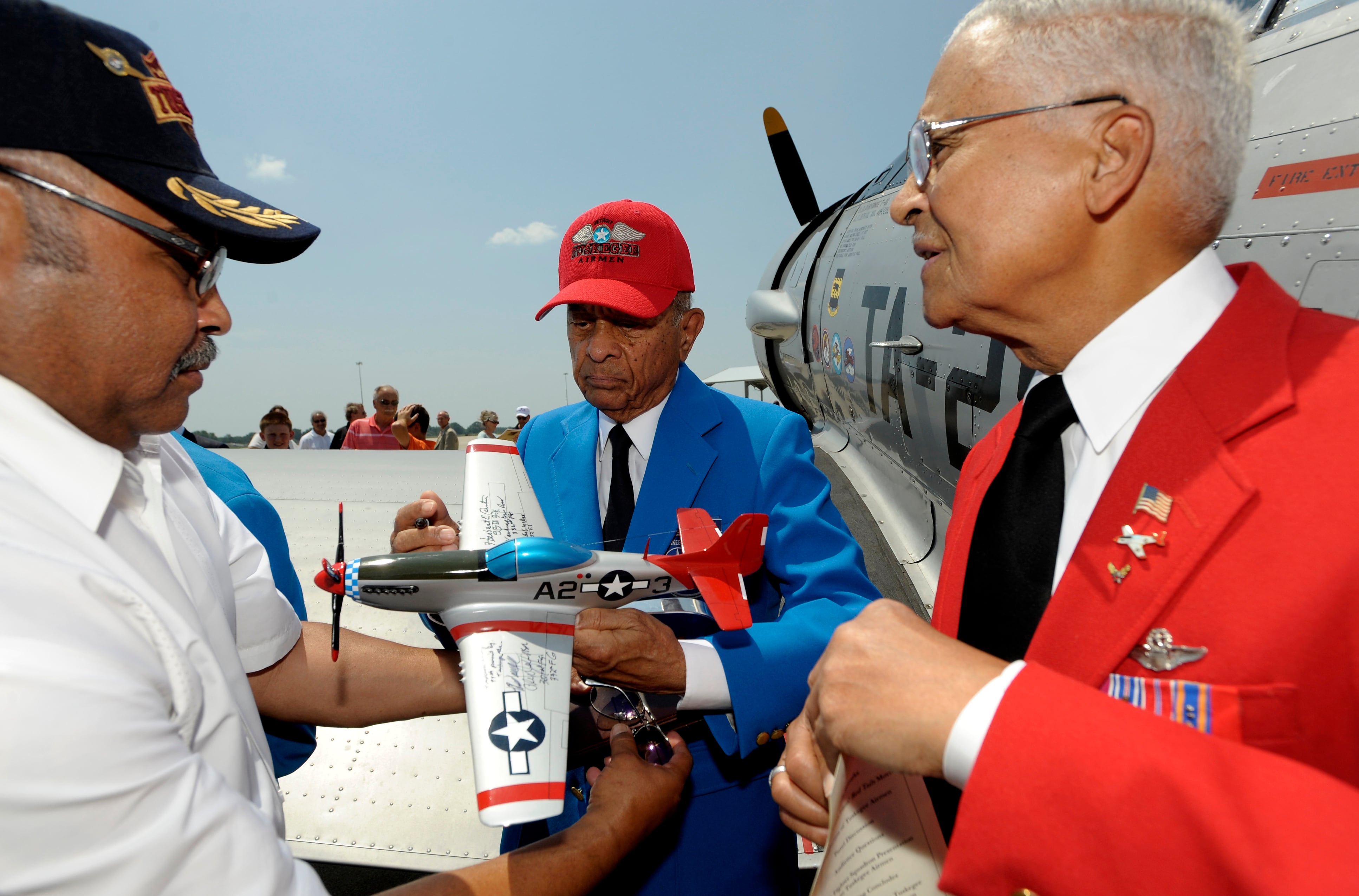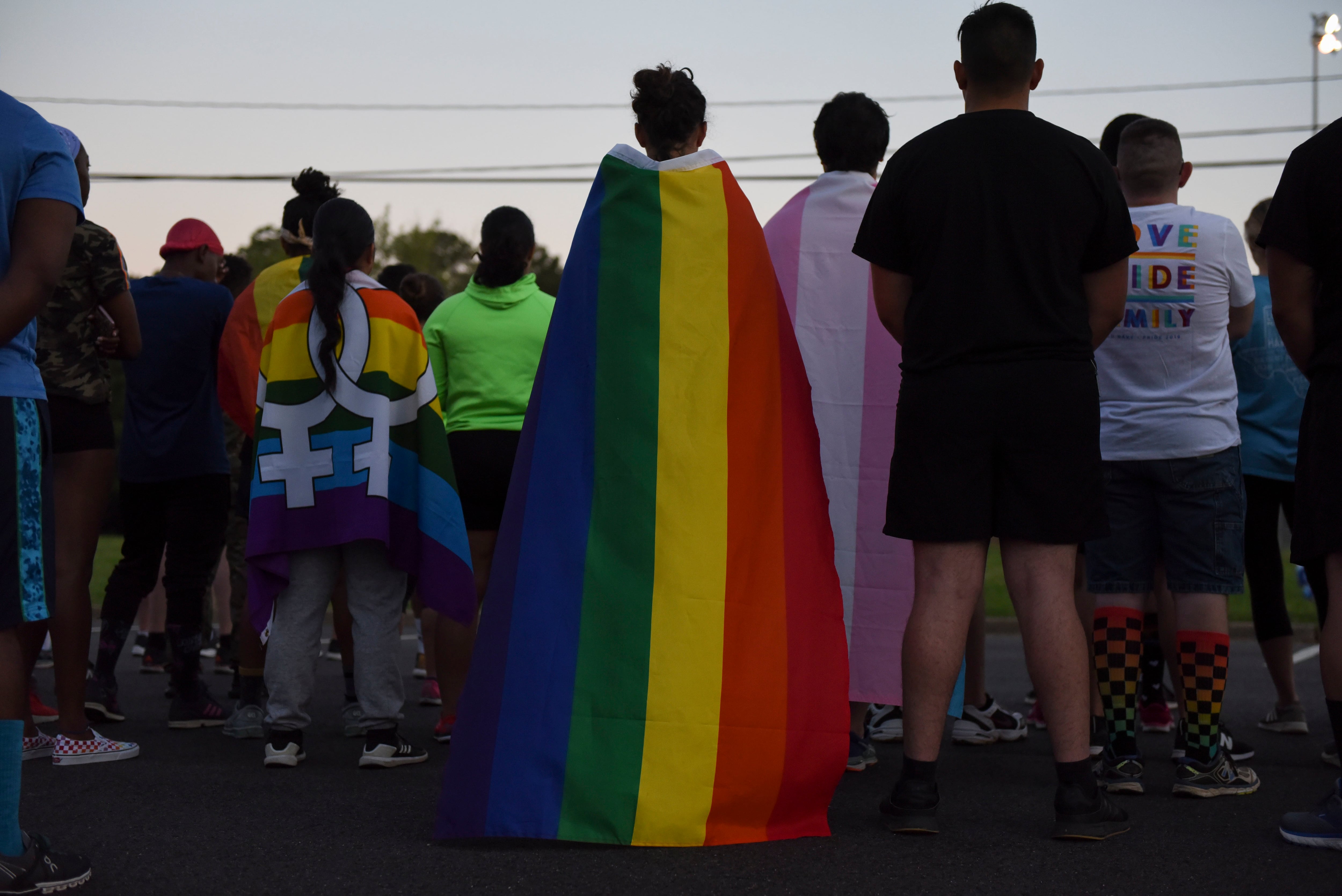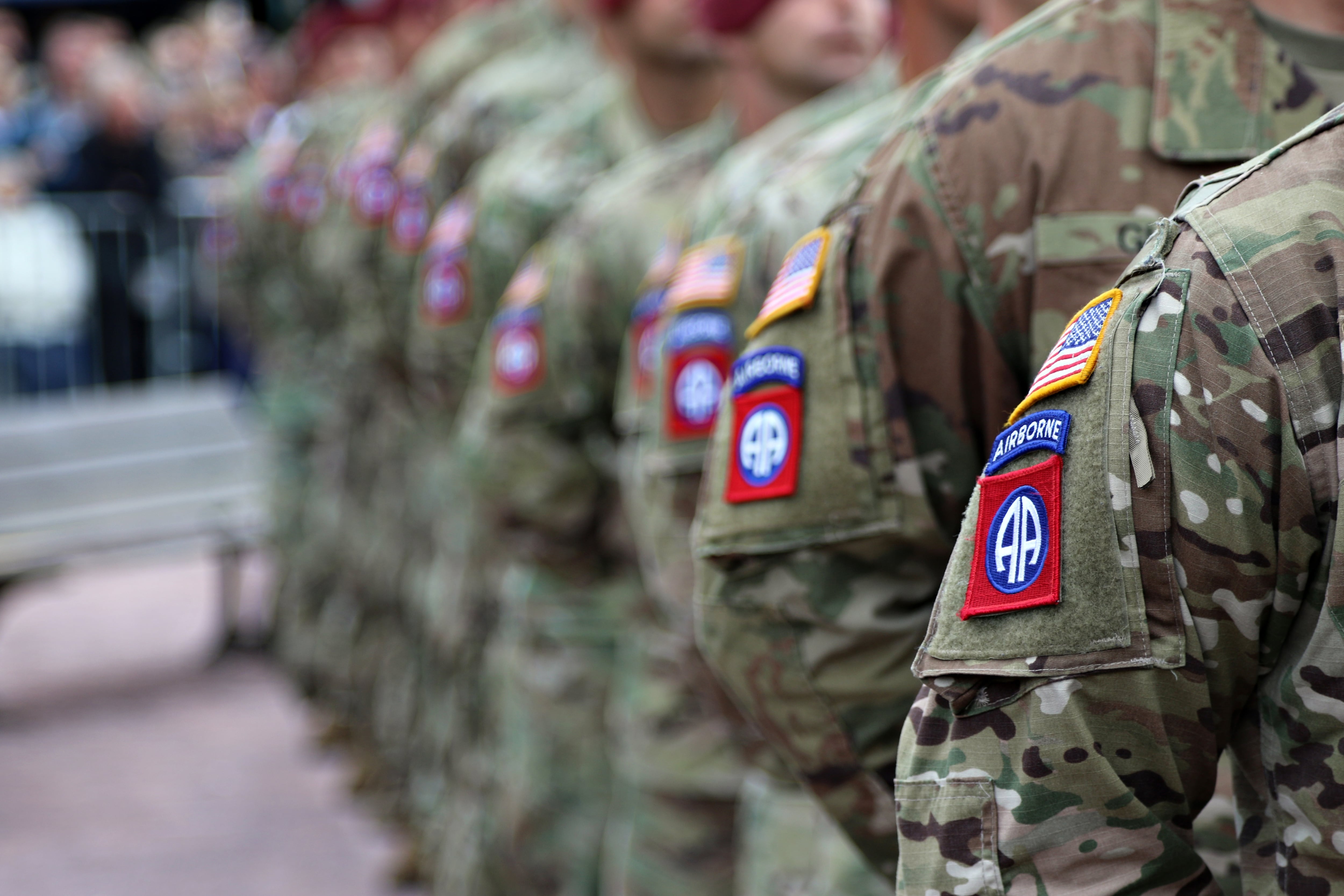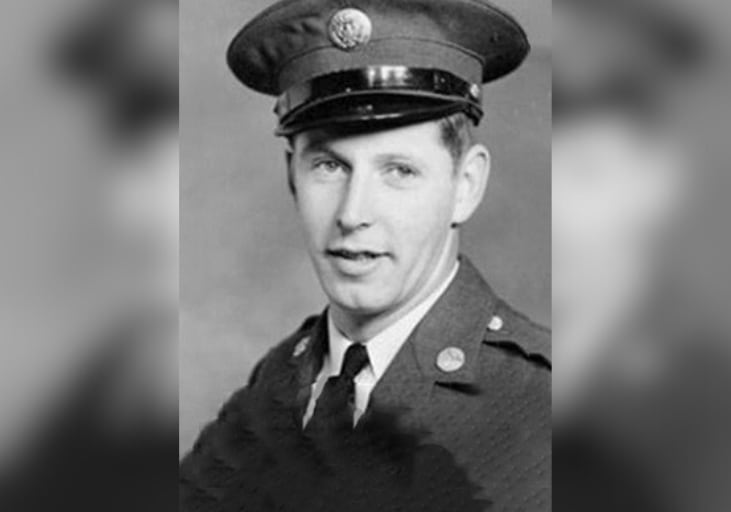QAYARA, Iraq — Islamic State militants have been going door to door in villages south of Mosul, ordering people at gunpoint on a mileslong trek into the city and using them as human shields as the extremists prepare to defend it from Iraqi forces, according to residents swept up in the forced evacuations.
Witnesses described scenes of chaos over the past week as hundreds of people were ordered out of their homes without having time to pack and driven north across the Ninevah plains toward the heavily-fortified city, where IS has been preparing for a climactic showdown.
"IS took all of us from our homes at gunpoint and told us they were taking us with them to Mosul," Ahmed Bilal Harish told The Associated Press on Wednesday. "They said if you don't come with us you're an unbeliever."
He said he and his family were only able to escape when a volley of airstrikes caused the fighters to scatter during the 25-mile (40-kilometer) forced march from their home in the town of Shura to Mosul.
"We had two choices: We could be killed by Daesh or die along the way, so we ran," he said, using an Arabic acronym for IS. The family is now living in a camp for those displaced by the fighting in an area under government control.
Other Shura residents also described being forcibly relocated to Mosul over the weekend. The militants only gave people a few minutes to leave and said any stragglers risked being punished for hiding out and trying to join the Iraqi security forces.
One family was forced to leave their home in the middle of a meal, and another lost track of two relatives during the melee and have not seen them since. At least one villager died of a heart attack on the road, they said. The displaced residents spoke on condition of anonymity because of fears for their safety while living under IS rule in Mosul.
Brig. Gen. Alaa Mehsin, of the Iraqi army's 15th Division, said the IS militants were pulling back to bolster their defenses in Mosul ahead of the coming Iraqi offensive to retake the city. He said they were taking hundreds of civilians as human shields and had planted explosive booby-traps to slow the advancing troops.
"These small villages are secondary to them. Mosul is much more important," Mehsin said as he strode between maps in an operations center in Qayara, one of the main staging bases for the offensive. "They don't want to waste their energy."
The U.N. High Commissioner for Human Rights says IS fighters have been sweeping through the hardscrabble towns and villages to the south of Mosul over the past week, killing those they fear may rise up against them and forcibly relocating others.
In one village south of Mosul, Iraqi forces found the bodies of 70 residents who had been gunned down, and IS appears to have killed 50 former Iraqi police officers it was holding in a building near the city, Rupert Colville, a spokesman for the U.N. agency, told reporters in Geneva.
He said the U.N. has received other reports of the militants gunning down 15 villagers south of Mosul and throwing their bodies in a river. Another six villagers were tied to the back of a car and dragged through the street because they were related to a tribal leader battling IS, Colville said.
He said the militants gunned down three women and three girls because they were lagging behind as the extremists drove people into another district south of Mosul. He said they fell behind because one of the girls was disabled.
"We very much fear that these will not be the last such reports we receive of such barbaric acts," Colville said.
Iraqi forces have been pushing toward Mosul from several directions since the operation began Oct. 17. It is expected to take weeks, if not months, to retake Iraq's second-largest city, which fell to the extremists in a matter of days when they swept across northern and central Iraq in the summer of 2014.
Over the past two days, Iraqi special forces have moved more than 1,000 people out of villages east of Mosul that were recently retaken from the extremists and into a nearby camp for their safety. The International Organization for Migration says some 9,000 people have been displaced since the Mosul operation began.
The special forces said they were undertaking cleanup operations before they resume their push toward the city. Maj. Salam al-Obeidi said they had found an extensive tunnel network built by the militants to shuttle fighters and supplies by motorcycle.
The militants have had months to prepare for the long-awaited operation and are believed to have built up extensive defenses in and around the city.
"They've really dug in, literally, and started putting up the berms, the trenches, the tunneling systems," a U.S. military official said, speaking on condition of anonymity to discuss the subject with reporters. "And they're quite extensive tunneling systems, some of them stretching upward of two kilometers."
He said Iraqi forces have found homes near Mosul where the lights are wired with explosives that detonate if you flip the switch. Inside Mosul, the IS group has set up large concrete barriers, blocking off several streets.
Two Iraqi intelligence officials told the AP that IS leaders withdrew from Mosul when the operation began, but since then some 200 fighters have been sent from Syria into Iraq as the Iraqi forces advanced. They spoke on condition of anonymity because they were not authorized to brief reporters.
The U.S. military, which is providing airstrikes and ground support for the offensive, estimates that 3,000 to 5,000 IS fighters are defending the city itself, with another 1,500 to 2,500 in the outer belts, where most of the fighting has taken place.
Krauss reported from Baghdad. Associated Press writers Qassim Abdul-Zahra in Khazer, Iraq, and Sinan Salaheddin in Baghdad contributed to this report.





